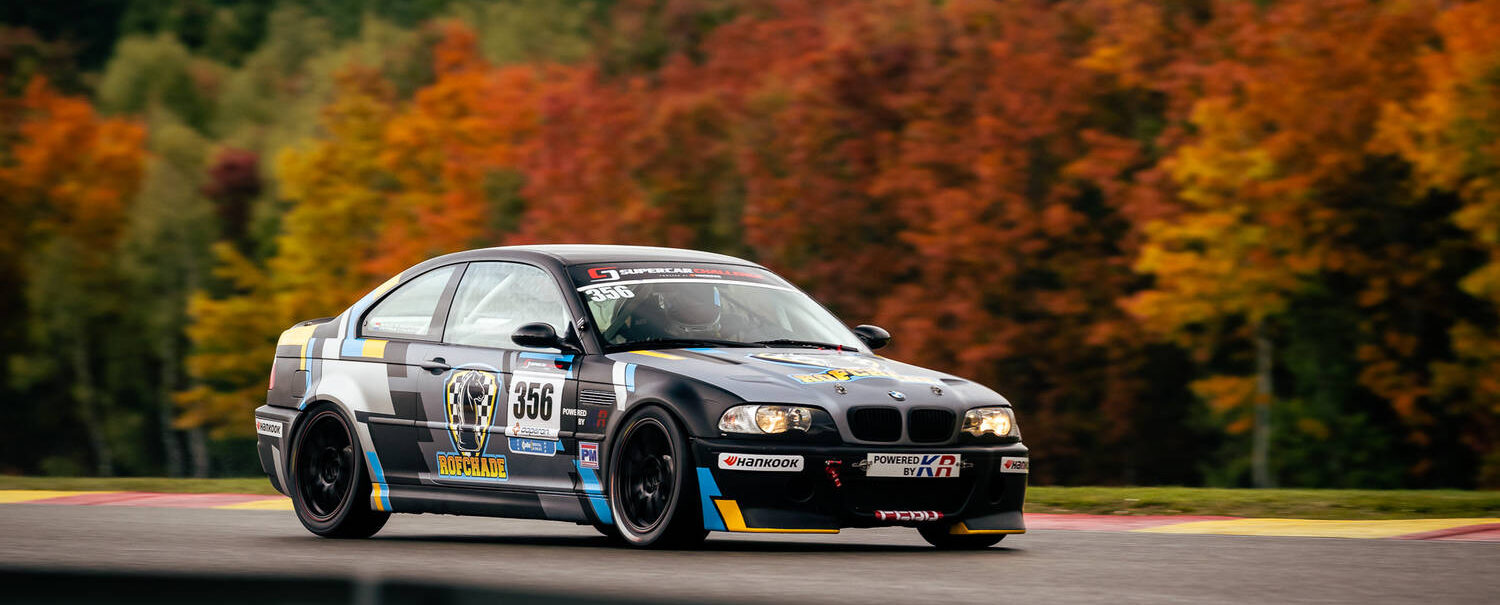I must have been around 13 years old when I first encountered a machine that could play chess. It was a Chess Challenger from Fidelity, and I was so fascinated by the idea, that for weeks I went to a local shop every day after school to play against multiple chess computers at that time. Two years ago I suddenly realized that first encounter had made a big impact on the rest of my life, because of that fascination I went studying informatics and later on started my own software development company.
So after some searching on the internet I bought an original Chess Challenger 7, which by the way stopped working after 2 days.., as an inspiration for what I wanted to do: develop a chess engine, and now for real. More then 25 years ago I had made a first attempt, but because of time problems the first Rofchade version never made it beyond the move generation. The name Rofchade originated from that period and is the combination of my intials/email “ROF” and “rochade”, which is the dutch name for castling. The second attempt nearly finished the same way, but eventually at the end of last year I finally found the motivation to go all the way….
I think the main reason for a lot of current engines beeing so strong is that (new) information about engine development is easily accessible and shared. Instead of a few months it would have taken me many years (or never..) to get to the level Rofchade is playing now. By far the biggest thanks therefore goes to the guys from the chessprogramming.wiki, which was and is an invaluable resource and index for the still developping computer chess knowledge. Also the talkchess.com forum plays an important role in the further development of computer chess.
Furthermore I like to mention the people from the Dutch CSVN who motivated me to make Rofchade a complete chess engine and not a movegenerator only (for the second time), and it is a great fun to join their tournaments. A special thanks goes to H.G. Muller which monthly tournaments are a recurring inspiration for many engines to try new techniques. Although Rofchade has not been tested by them yet, I think the people from CCRL, CCLS, CEGT and others also are great contribution to engine development.
Also thanks to the many different open source chess engines which helped with ideas and howto’s , in specific Stockfish, Crafty, Maverick, Madchess(website), Xiphos, Gull, Rebel(website) and Fruit.
Finally thanks to Texel’s tuning method together with quiet_labeled.epd from Zurichess which is an easy method for automatically tuning the evaluation parameters.
Ronald Friederich, 26-08-2018
